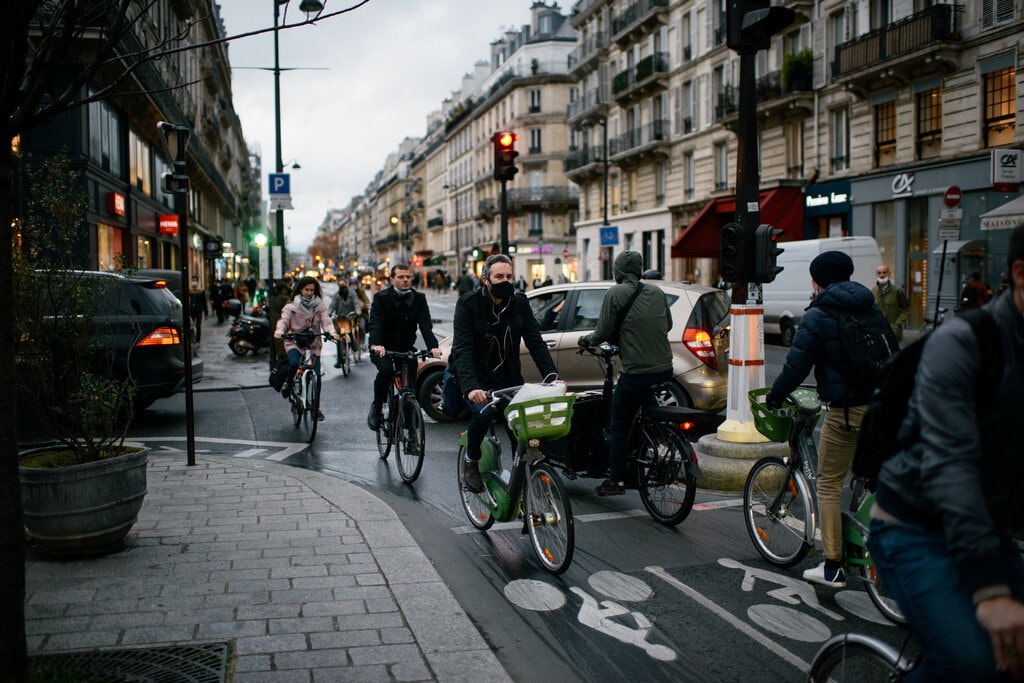Footpaths in Question!
Walking on the roads of our cities has become challenging these days due to various reasons like wider roads, heavy traffic, rash driving, speed of the vehicles, etc. At many places there are no footpaths and where they are provided, they are with full of obstructions.
Walking is a very fundamental activity in which almost everyone is involved. And therefore, everyone is a pedestrian at one time or the other. Pedestrian trips account for most of the trips in many Indian cities.



